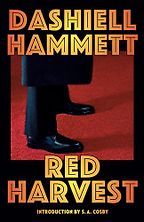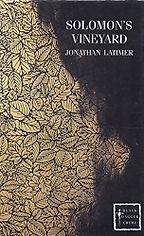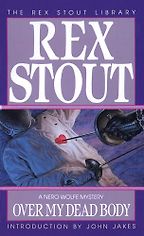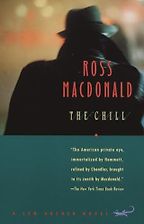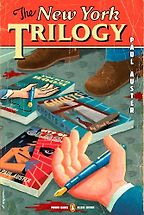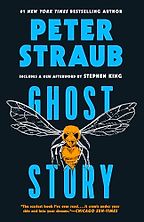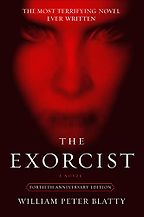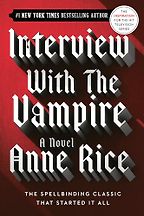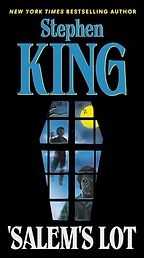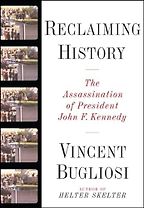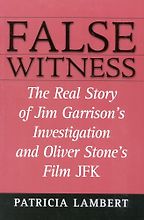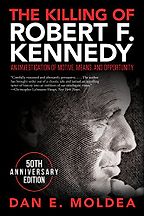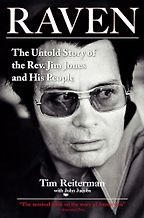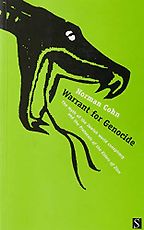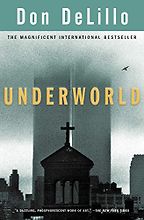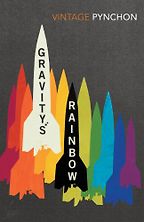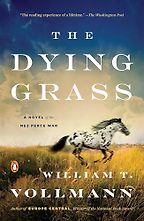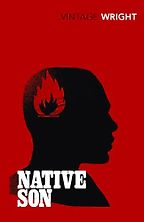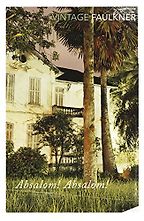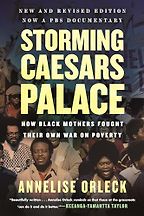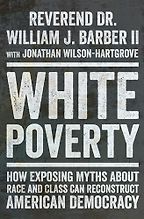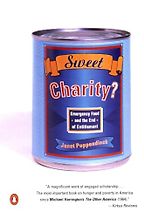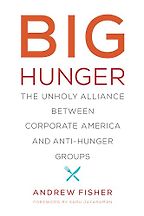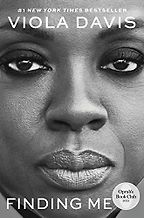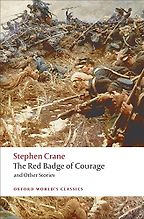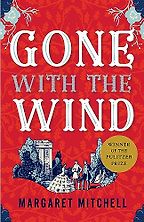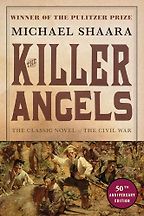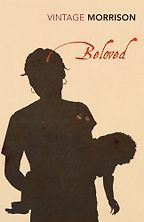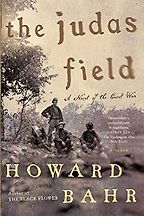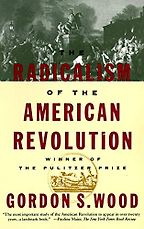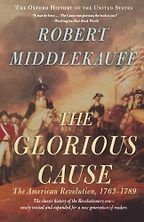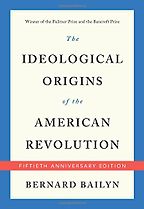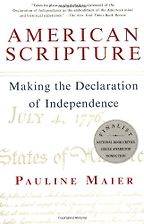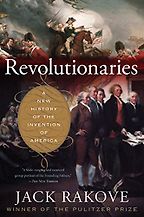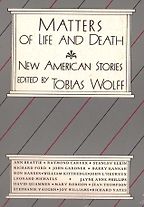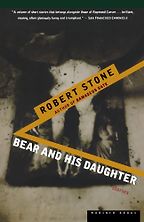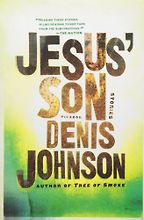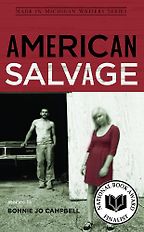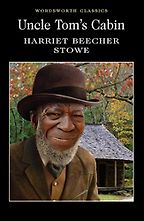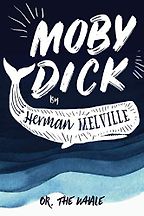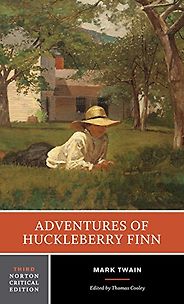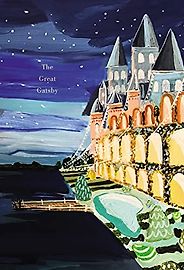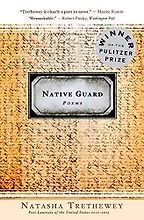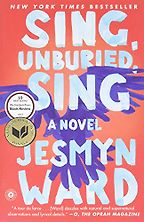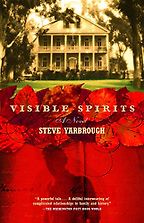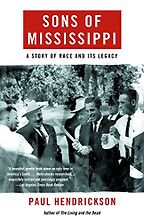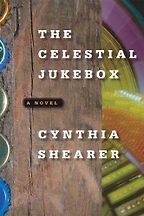United States Books
recommended by scholars, novelists and journalists
Last updated: January 03, 2026
Our United States book coverage is very broad, covering aspects of the country’s history, cultural life and political life, as well as its literature.
Classic American Literature | American history books | The American Civil War | American Politics Books | The US Constitution | American Conservatism | Progressivism | US Foreign Policy | Boston | New York Books | Los Angeles | San Francisco | Las Vegas | New Orleans | American Historical Fiction | Books about Jimmy Carter |
The Best 20th-Century American Detective Novels, recommended by Dave Zeltserman
Many well-loved American detective novels feature cynical private investigator protagonists facing down hardened criminals and deep-set corruption. We asked Dave Zeltserman, author of Small Crimes, to recommend five brilliant books from this popular genre, from a 1920s small town murder mystery to a 1980s postmodern trilogy.
The Best 20th-Century American Horror Books, recommended by V. Castro
Horror is entertaining, but also a great way of shining a light on painful subjects people don’t want to talk about, says Mexican American horror writer V. Castro. As American horror has opened up to a much greater diversity of writers, she talks us through some of the classics—books that continue to inspire and form the bedrock of the genre.
-

1
Reclaiming History: The Assassination of President John F. Kennedy
by Vincent Bugliosi -

2
False Witness: The Real Story of Jim Garrison's Investigation and Oliver Stone's Film JFK
by Patricia Lambert -

3
The Killing of Robert F. Kennedy: An Investigation of Motive, Means, and Opportunity
by Dan E. Moldea -

4
Raven: The Untold Story of the Rev. Jim Jones and His People
by Tim Reiterman -

5
Warrant for Genocide: The Myth of the Jewish World Conspiracy and the Protocols of the Elders of Zion
by Norman Cohn
The best books on Conspiracy Theories, recommended by David Free
The best books on Conspiracy Theories, recommended by David Free
Conspiracy theories are not just harmless speculation but a dangerous form of belief that can have terrible consequences in the real world, says writer and critic David Free, creator of the Ghosts of Dallas podcast. He recommends books to understand conspiracy theories, from the assassination of JFK to the ‘Protocols of the Elders of Zion.’
The Best Novels about the History of the United States, recommended by Bernard T. Joy
An exploration of the history of the United States may require novels that are challenging to read but offer the reward of really making you think about a complex subject. Literary scholar Bernard T. Joy talks us through five novels that explore U.S. history, from colonial times to the end of the 20th century.
-

1
Storming Caesars Palace: How Black Mothers Fought Their Own War on Poverty
by Annelise Orleck -

2
White Poverty: How Exposing Myths About Race and Class Can Reconstruct American Democracy
by William J. Barber II -

3
Sweet Charity? Emergency Food and the End of Entitlement
by Janet Poppendieck -

4
Big Hunger: The Unholy Alliance Between Corporate America and Anti-Hunger Groups
by Andrew Fisher -

5
Finding Me: A Memoir
by Viola Davis
The best books on Hunger in the United States, recommended by Mariana Chilton
The best books on Hunger in the United States, recommended by Mariana Chilton
Hunger in the United States is not going to be solved just by giving people more food, says Mariana Chilton, a professor of public health at Drexel University and author of The Painful Truth about Hunger in America. She recommends books to get a better understanding of hunger and argues that food banks have become part of the problem.
Classic Novels of the American Civil War, recommended by Craig A. Warren
The American Civil War (1861–1865) was a watershed moment in the history of the United States—and, as a result, has made an enormous impact on American literature, explains Craig A. Warren, author of Scars to Prove It: The Civil War Soldier and American Fiction. Here, he recommends five key texts: classic novels of the American Civil War that, together, offer a panoramic view of a country in crisis.
-

1
The Radicalism of the American Revolution
by Gordon S. Wood -

2
The Glorious Cause: The American Revolution, 1763-1789
by Robert Middlekauff -

3
The Ideological Origins of the American Revolution
by Bernard Bailyn -

4
American Scripture: Making the Declaration of Independence
by Pauline Maier -

5
Revolutionaries: A New History of the Invention of America
by Jack Rakove
The Best Fourth of July Books, recommended by Gordon S. Wood
The Best Fourth of July Books, recommended by Gordon S. Wood
On the Fourth of July, Americans celebrate the Declaration of Independence from the British Empire. In its assertion that all men are created equal, the declaration was a milestone in the journey towards the more democratic world we have today. But it was still a product of the 18th century colonial society that created it. Pulitzer Prize-winning historian Gordon S. Wood talks us through five books, including his own, for understanding the history we celebrate on the Fourth of July.
The Best American Short Stories, recommended by Jim Shepard
Short stories dive right into the middle of the matter and there’s nothing about them that’s inessential, argues American writer Jim Shepard. He chooses five of his favourite short story collections, from the 1980s through to the 21st century.
The Great American Novel, recommended by Lawrence Buell
Albeit an object of satire and overreach, the ‘Great American Novel’ remains a vital concept in American literature, encouraging writers to capture the essence of national culture and history, argues Lawrence Buell, Professor of American Literature Emeritus at Harvard University. He talks us through the origins of the phrase and nominates five novels as contenders.
The best books on Mississippi, recommended by Ralph Eubanks
Outsiders see Mississippi as a site of slavery and indigenous removal; but to write about Mississippi is to write about the United States as a whole—and its original sins, says Prof Ralph Eubanks, as he recommends five of the best books on Mississippi, the birthplace of the blues.
